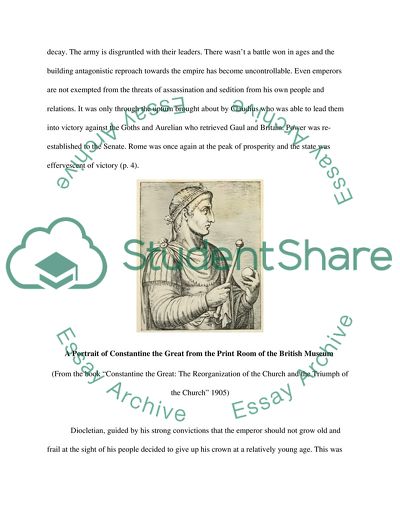Cite this document
(Constantine and the Creation of the Catholic Church Essay, n.d.)
Constantine and the Creation of the Catholic Church Essay. Retrieved from https://studentshare.org/religion-and-theology/1737374-focus-person-constantine-the-great-focus-eraempire-byzantine-empire
Constantine and the Creation of the Catholic Church Essay. Retrieved from https://studentshare.org/religion-and-theology/1737374-focus-person-constantine-the-great-focus-eraempire-byzantine-empire
(Constantine and the Creation of the Catholic Church Essay)
Constantine and the Creation of the Catholic Church Essay. https://studentshare.org/religion-and-theology/1737374-focus-person-constantine-the-great-focus-eraempire-byzantine-empire.
Constantine and the Creation of the Catholic Church Essay. https://studentshare.org/religion-and-theology/1737374-focus-person-constantine-the-great-focus-eraempire-byzantine-empire.
“Constantine and the Creation of the Catholic Church Essay”. https://studentshare.org/religion-and-theology/1737374-focus-person-constantine-the-great-focus-eraempire-byzantine-empire.


